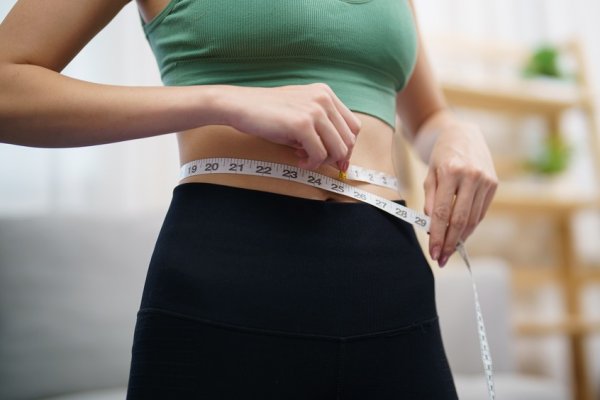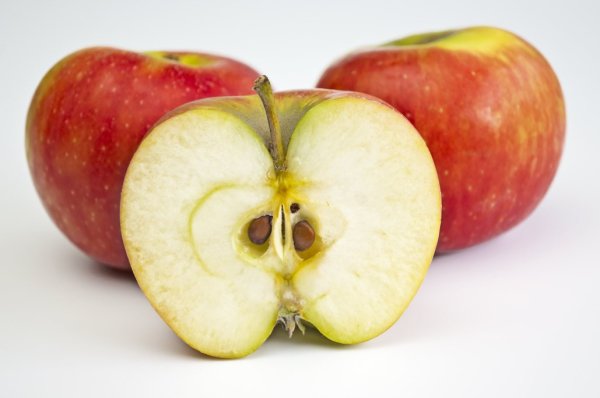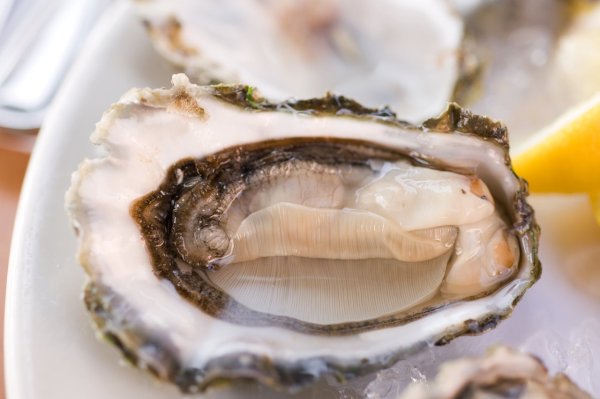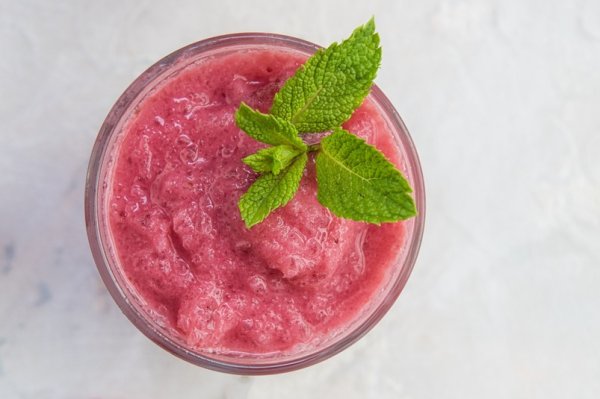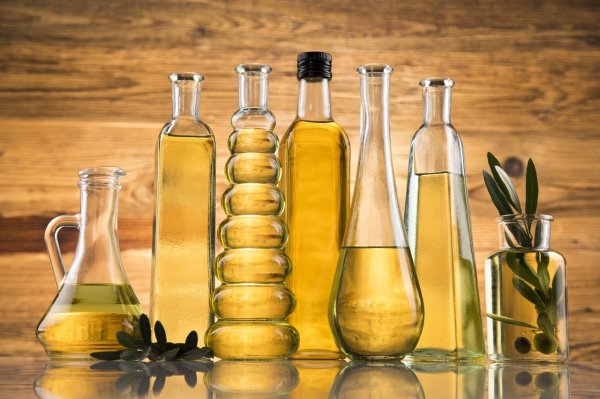Taking the right oil can lower sterols! Medical treatment reveals the "best oil in blood vessels". This type of oil is commonly used to cook and can increase cardiovascular burden.
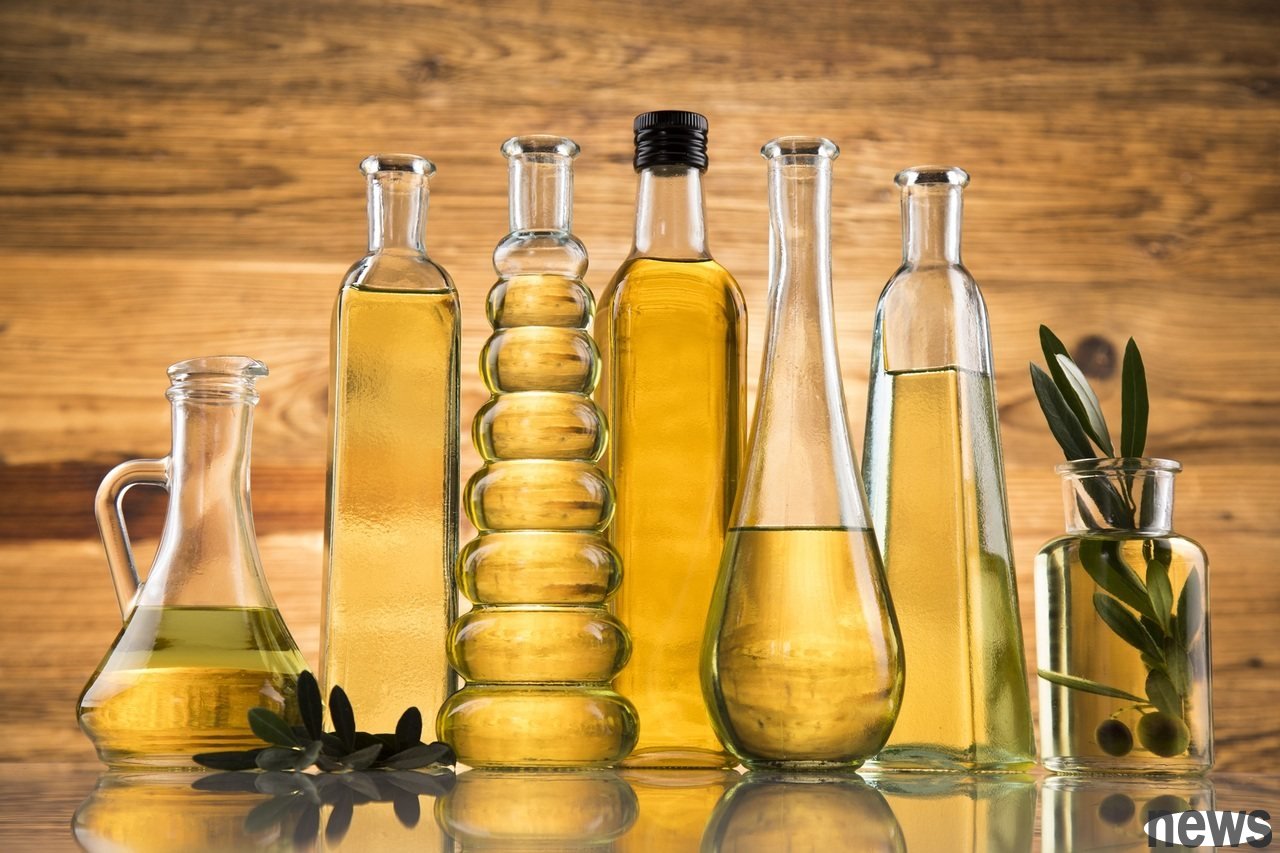
"Eat less oil" has become a health code that modern people think, but do you know? Some oil will damage blood vessels when eaten, while some oil will be the body's repair team. What you really want to ask is not "how much oil to eat", but "what kind of oil to eat". Gene doctor Zhang Jiayan pointed out that everyday life is filled with various fats from cream toast for breakfast, to the sauté sauce in the hot pot and the crispy chicken legs at night. These fats are divided into several categories, and their "individuality" is different from their health risks. If we never understand, then no matter how careful we "eat less", we may go in the wrong direction.
Food and fat: fragrant and resistant to high temperatures, but will quietly increase the sterol by silence . Commonly seen: pork oil, butter, butter, coconut oil, whole fat milk products, Saturated fats are most likely to appear in traditional cuisine, such as stir-frying with pork oil, red meat, oil-cooking, etc. They are solid at room temperature, resistant to high temperatures and taste, but their price will increase the risk of cardiovascular disease.
In particular, these fatty acids such as Palmitic acid and Myristic acid will interfere with the body's mechanism of removing cervical sterols, making the blood more and more cervical steroids.
. Advantages: stable, resistant to stir-frying, and fragrant taste
. Disadvantages: Increases calcified sterol and can easily cause dyscrastin
. The doctor reminds: It’s not that you can’t eat at all, but it is recommended to eat small amounts occasionally, and not every day.
Trans fat: The price that makes the taste crisp is to make the blood vessels fragile . Commonly known as: dry fat, pie, creamer, pastry, instant fried food
Trans fat is a "artificial oil" in the process. It was originally intended to prolong preservation and make the food taste crisper, but it is the fat that needs to be completely avoided the most. It not only increases the sterol, but also reduces the sterol (HDL), causing double damage. It will also promote chronic inflammation and increase the risk of diabetes and heart disease. Studies have proven that taking trans fat can significantly increase myocardial infarction, wind and mortality.
. Advantages: Cheap, stable, and not perishable (benefits to the food industry)
. Disadvantages: It is extremely harmful to humans and has almost no health value
. The doctor reminds: When you see the packaging, you write "partially hydrated vegetable oil" and put it back. The earlier you quit, the better.
Units are not fat and fat: the health secret of olive oil and avocado, which helps and controls oil . Commonly known as: Olive oil, avocado, fruit, sesame oil
Monounsaturated fat is one of the most health-conscious fats in the medical community. It can reduce fatty sterols and maintain or improve good sterols. Mediterranean diet is centered on this type of fat, which makes many people obviously not eat lightly, but can grow fat and have a light blood vessel.
. Advantages: Protect blood vessels, stabilize blood lipids, and not easily oxidized
. Disadvantages: The heat is still high, and the intake needs are appropriate
. The doctor suggests: olive oil can be selected first when cooking, and it can be paired with prototype foods, which will be healthy and not lose its flavor.
Multivariate and single-variate fat: fish oil, seed oil, olive oil, Omega balance is the key Commonly seen in: Omega-3: deep-sea fish (such as squid fish, fish), flax seeds, chia seeds, walnuts; Omega-6: sunflower seeds, corn oil, soybean oil, sesame oil; Omega-9: olive oil, avocado oil, hazelnut oil, almonds
Polyunsaturated fat) including our familiar Omega-3 and Omega-6 are "essential fatty acids" that humans cannot synthesize on their own and must be taken from their diet. Monounsaturated fat, including our familiar Omega-9, is also very beneficial for cardiovascular and healing health, although it is not an "essential fatty acid".
Omega-3 helps to fight inflammation, protect cardiovascular, support brain and network development, and is a fatty acid that pregnant women and growing children need very much. Although Omega-6 is equally important, modern people take too much, which may cause chronic inflammation and excessive response to the immune system, and even be related to epidemiotic syndrome and increased risk of diabetes. Omega-9 (mainly oleic acid, Oleic acid), is found in natural oils such as olive oil and avocado. It has the functions of reducing malnutrient sterol (LDL), improving good sterol (HDL), and stabilizing blood sugar. It is one of the heart's favorite fats.
• Advantages: Omega-3: Anti-inflammatory, protect the brain, and maintain cardiovascular health; Omega-6: Maintain cell function and immune regulation (assuming that excessive doses are not taken); Omega-9: Stable blood lipids, antioxidant, and reduce inflammation response
• Disadvantages: Omega-6 Overdose can be related to health problems such as chronic inflammation, obesity, and dysclerosis. The imbalance in the proportion between the three fatty acids is the main concern of modern diet.
•Doctors suggest that the healthiest strategy is not to simply "take a certain type of fat", but to maintain the golden ratio of three fatty acids: Omega-6: Omega-3 is ideally below 4:1, while most modern people eat up to 15:1 or more. It is recommended to take deep-sea fish twice a week (add Omega-3), choose olive oil or avocado oil (add Omega-9), and avoid using processed seed oil (reduce Omega-6) to achieve true Omega balance.
Eating oil is not a mistake. The error is that you don’t know how to choose oil
Oils are never bad, but we must understand "what is worth eating" and "what is oil that is far away". Eating fat is actually a way to stick to your blood vessels, a starting point for long-term health. Starting today, open the kitchen cabinet and re-identify every bottle of oil in your home. Start by choosing olive oil, eating less dried noodles, and eating fish with love, and slowly develop a "blood vessels will thank you" diet. Because eating oil is more important than eating less.


